Some ‘beautiful game’: football’s fatal flaw hurts the nation
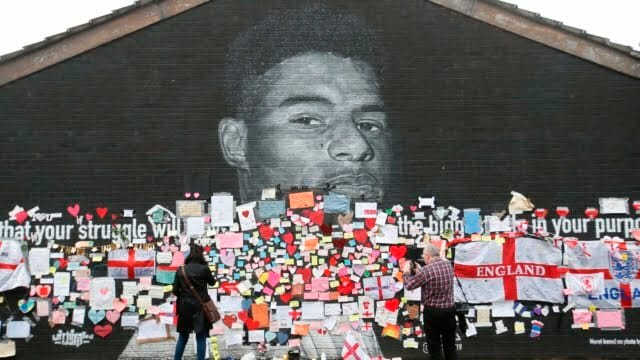
By Ben Norris
Football is inarguably the most popular sport in the UK. Average viewing figures for the Premier League clock in at 1.5 million per week, with revenue topping the £5 billion mark on aggregate in 2019. It always stood to reason that the final of the Euro 2020 tournament would generate a massive amount of publicity: according to the BBC, the Italy v England match was watched by an audience of 31 million, making it the most viewed television event since the funeral of Diana, Princess of Wales, in 1997. At its best, football represents an important positive example of national identity, and the current England team is a proud representation of the nation’s diversity and breadth of culture. However, in the hours and days immediately following the match three Black members of England’s team – Jadon Sancho, Bukayo Saka and Marcus Rashford – were vilified and racially abused by fans on social media after the team lost at penalties to Italy.

As it stands, the England squad performed exceptionally in reaching the finals: this is the country’s best performance since the 1966 World Cup, which – having taken place 55 years ago – is beyond living memory for a broad chunk of the population. Playing with the knowledge that the nation’s hopes rest on your shoulders is a heavy burden, particularly given some of the ramifications of an England loss: ahead of the game, charities warned of a 38% increase in domestic abuse if England lost, while social media platforms such as Twitter experienced a surge in xenophobic messages following Italy’s victory in penalties. Issues such as these are not novel, and there is no simple explanation of the toxic culture that permeates football fandom.
What makes this so frustrating is the apparent disconnect between the teams themselves and the broader footballing community. In many ways the football culture of today is very different to how it was 15 or 20 years ago. Members of the England squad have been outspoken in their solidarity and support for the BLM movement through taking the knee; Marcus Rashford, who plays for Manchester United, successfully campaigned for the continuation of holiday school meals for underprivileged families during the nadir of the pandemic last year; the patriarchal trappings of WAG culture have greatly diminished since the mid-00s. Jordan Henderson recently retweeted pictures of male fans attending games wearing makeup in celebration of an audience who felt more confident in expressing their personal identity. The values expressed by the England team would likely resonate with many of Stroud’s populace, given our town’s broad focus on diversity and inclusivity.

Unfortunately, this open-mindedness doesn’t seem to extend to the whole of the nation’s football enthusiasts. The fervour of the beautiful game commonly seems to awaken something incredibly ugly in the breasts of certain supporters; for some, displays of tribalism by proxy appear to be the only way they can express support for their side or give vent to their frustrations. As Women’s Aid tweeted, football doesn’t cause domestic violence; every incident is the result of a conscious decision on the behalf of the abuser. However, big games can result in more severe abuse and a spike in domestic incidents. Football culture contributes to this.
Returning to the issue of racial intolerance, it would also be helpful if figures in positions of authority such as Priti Patel didn’t effectively encourage abuse from fans by flip-flopping her stance on what she identified as ‘gesture politics’ in England’s team taking the knee earlier on in the tournament. Condemning the same kind of abuse that the gesture was adopted in response to smacks of both hypocrisy and bandwagoning. More consistency in stance from leading politicians like her and Prime Minister Boris Johnson would probably go some way towards preventing some of this behaviour, although sentiments expressed by backbencher Natalie Elphicke suggesting Rashford should spend “more time perfecting his game and less time playing politics” would suggest that the days of the ‘nasty party’ have certainly come to a middle.
It should be stressed that the majority of voices making themselves heard in the wake of the final have been overwhelmingly supportive of Saka, Rashford and Sancho. After a mural of Rashford in Manchester was vandalised following the penalty shootout, hundreds of messages of support and solidarity were left to cover up the abuse. As above, there is no single reason motivating this kind of unsavoury behaviour, and there is no single antagonist we can identify to make the problem go away. What we can all do is engage in a dialogue about the sensibilities and attitudes that underpin this kind of behaviour, and be bold enough to challenge poor character when we encounter it. The first stage of treatment is admitting you have a problem. We have a problem.
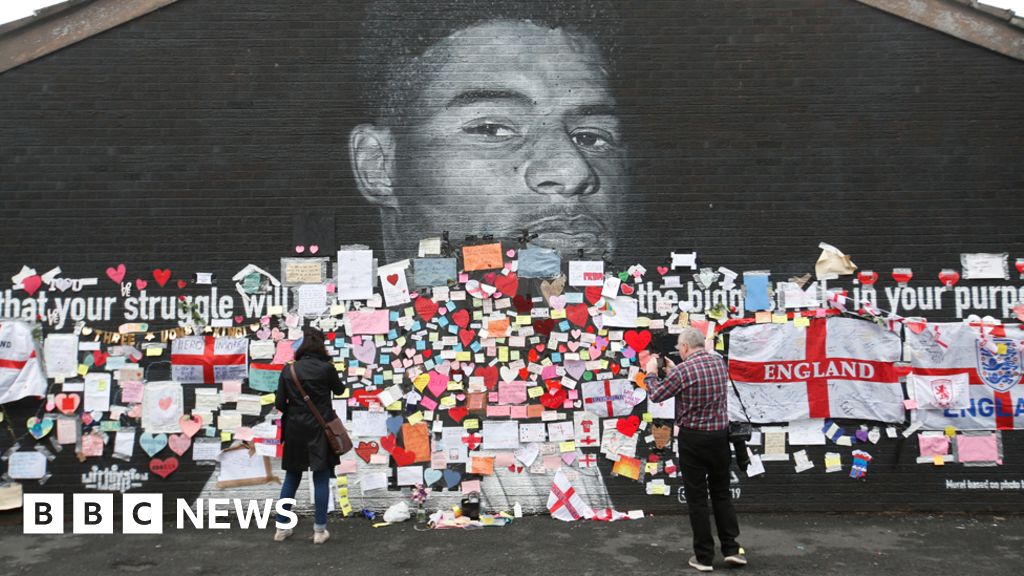
If you need help with domestic abuse, you can contact the National Domestic Abuse Helpline on 0808 2000 247; more information can be found at https://www.nationaldahelpline.org.uk



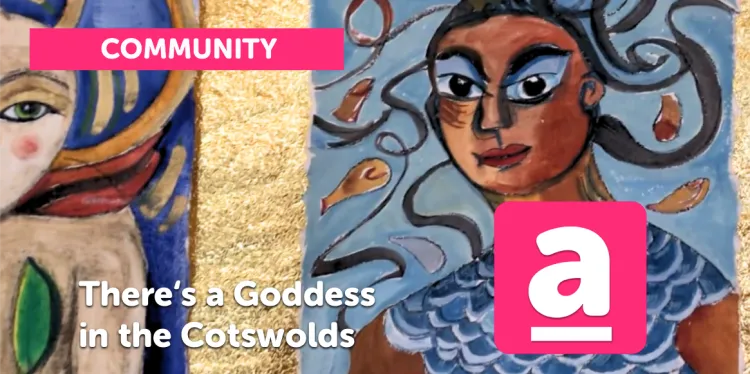

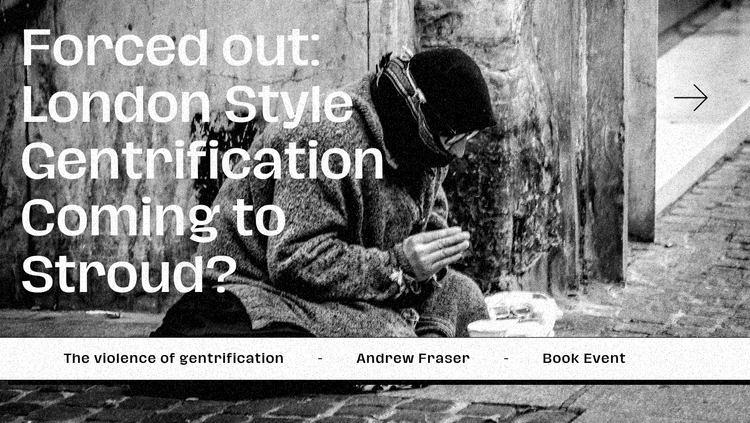
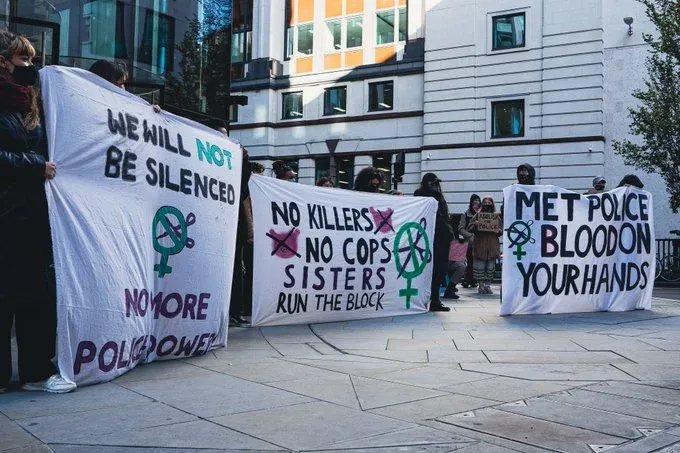

Member discussion